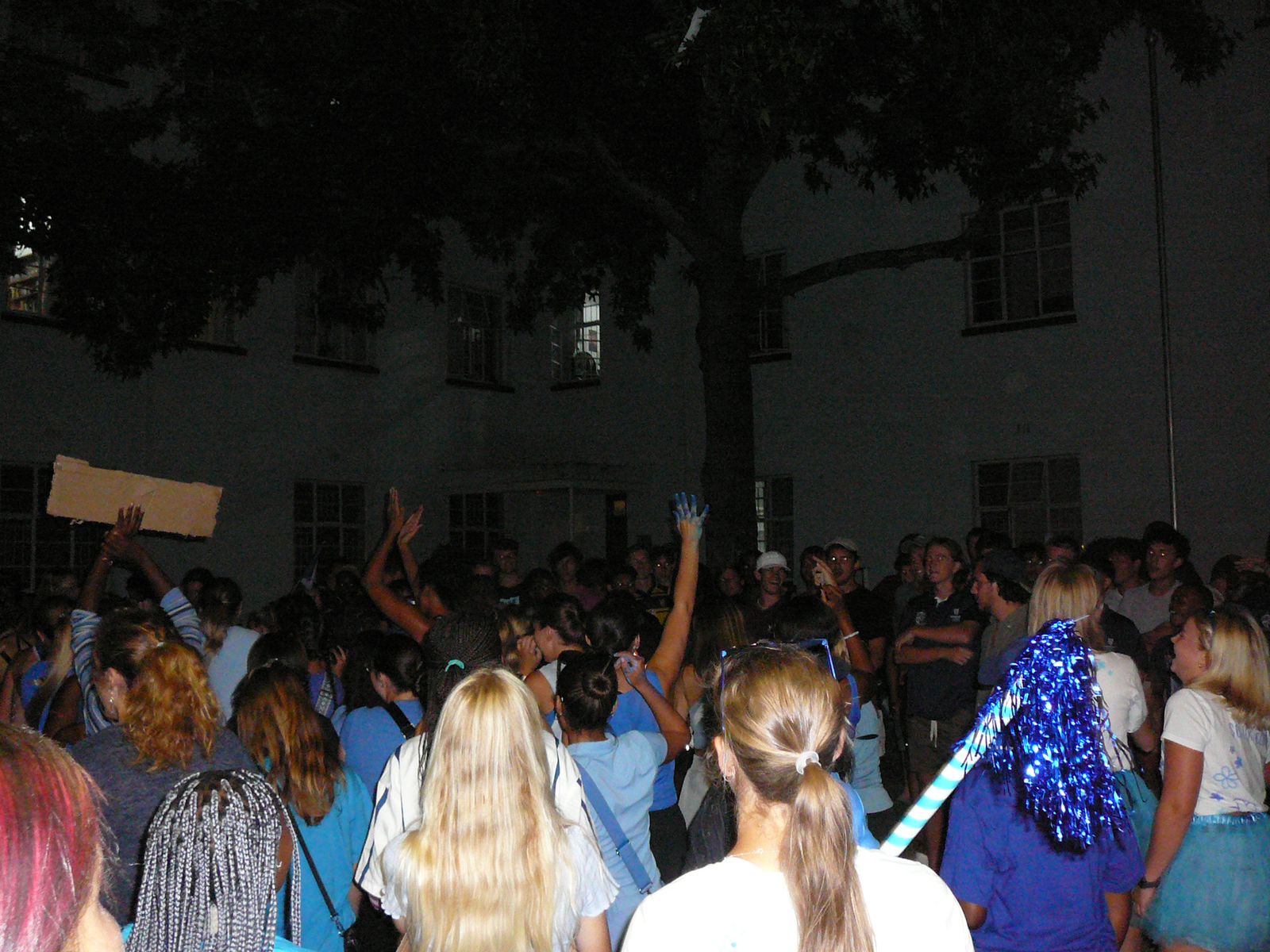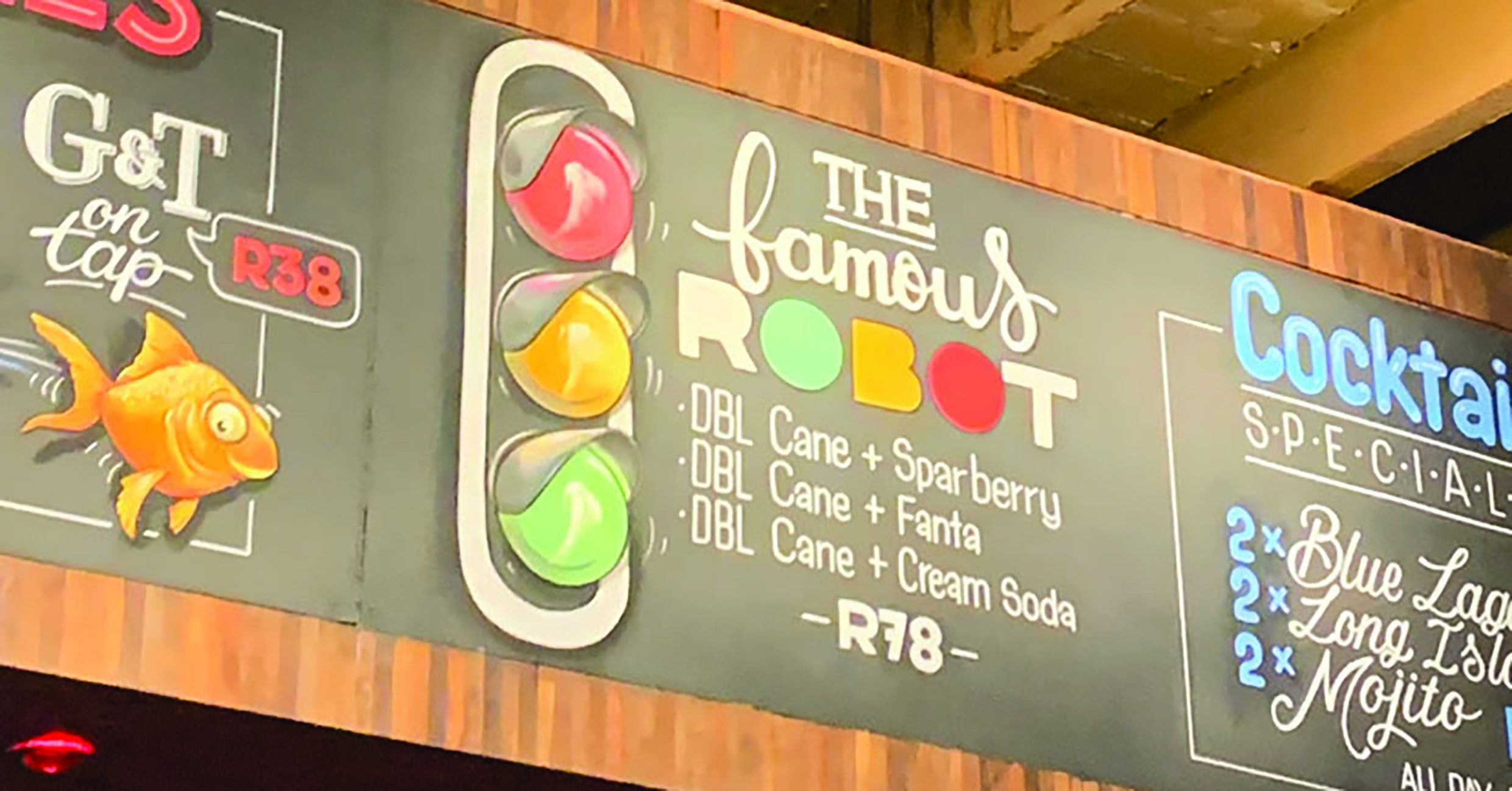Maroon was not the only colour on the streets of Stellenbosch on 17 March. Green, white and orange flooded the clubs as students embarked on a night out of dressing up and drink specials. Maties’ take on St Patrick’s day: green wigs and tutus and drinking anything as long as it’s either green or Guinness.

St Patrick’s Day is a celebration of Saint Patrick who is believed to have driven snakes out of Ireland, freeing Ireland from evil and introducing Catholicism to the Irish.
Liam O’Conner, an Irishman, explained that “in rural Ireland you would expect to see parades including Irish dancers, traditional Irish music, local school children and tractors driving up towns.” He attended a St Patrick’s Day celebration in the heart of Ireland, Dublin, and said, “it was amazing with people coming together, great music and a really pleasant vibe, almost like a carnival experience.”
Stellenbosch seemed very dedicated to the concept of St Patrick’s Day. Nikita Poirier, a fourth-year BEd (Intermediate Phase) student, said that her friend group dressed up with “green tutus, wigs and four leaf clover sunglasses.”
Piper Jenkins, a first-year BA ( LLB) student, explained that “De Lapa had green, white and orange balloons and that there were lots of green drinks.”
“A lot of stores sold St Patrick’s Day dress up goodies for cheap,” said Taneeka Carstens, a third-year BCom (Industrial Psychology) student.
The question is, is Stellenbosch capturing the authenticity of St Patrick’s Day or is it falling into the trap of commercialism? O’Conner wonders if “in years to come whether it will still hold the same meaning” as “youngsters are less inclined to go to church, instead choosing to party hard by drinking in the pubs for countless hours.”
When asked if they know what St Patrick’s Day is all about, Carstens answered, “Sort of,” while Jenkins responded, “I know it is celebrating Saint Patrick from Ireland, but I actually don’t know why they’re celebrated or who they even were.” Poirier explained that she went out for Saint Patrick’s Day because “it has become an annual tradition” and that “it’s fun to have something in common with everyone else in the clubs.”
Despite the potential loss in tradition and meaning, O’Conner exclaims that, “it’s a nod to your cultural roots, and great to see it celebrated so widely and enthusiastically,” and that “it’s a great excuse to come together and celebrate over a couple of drinks.”
By Emma Giles



